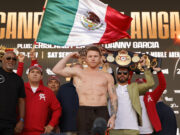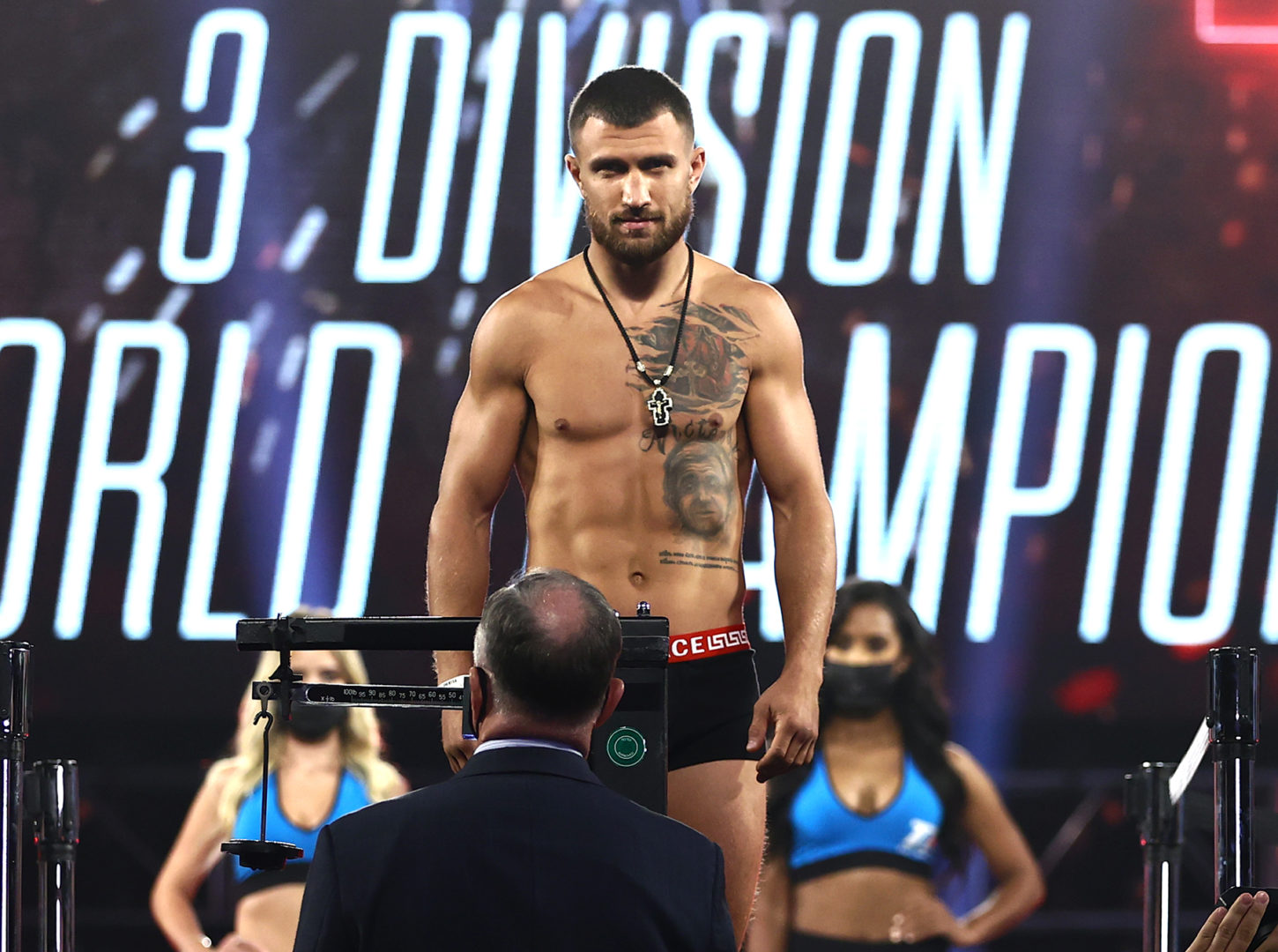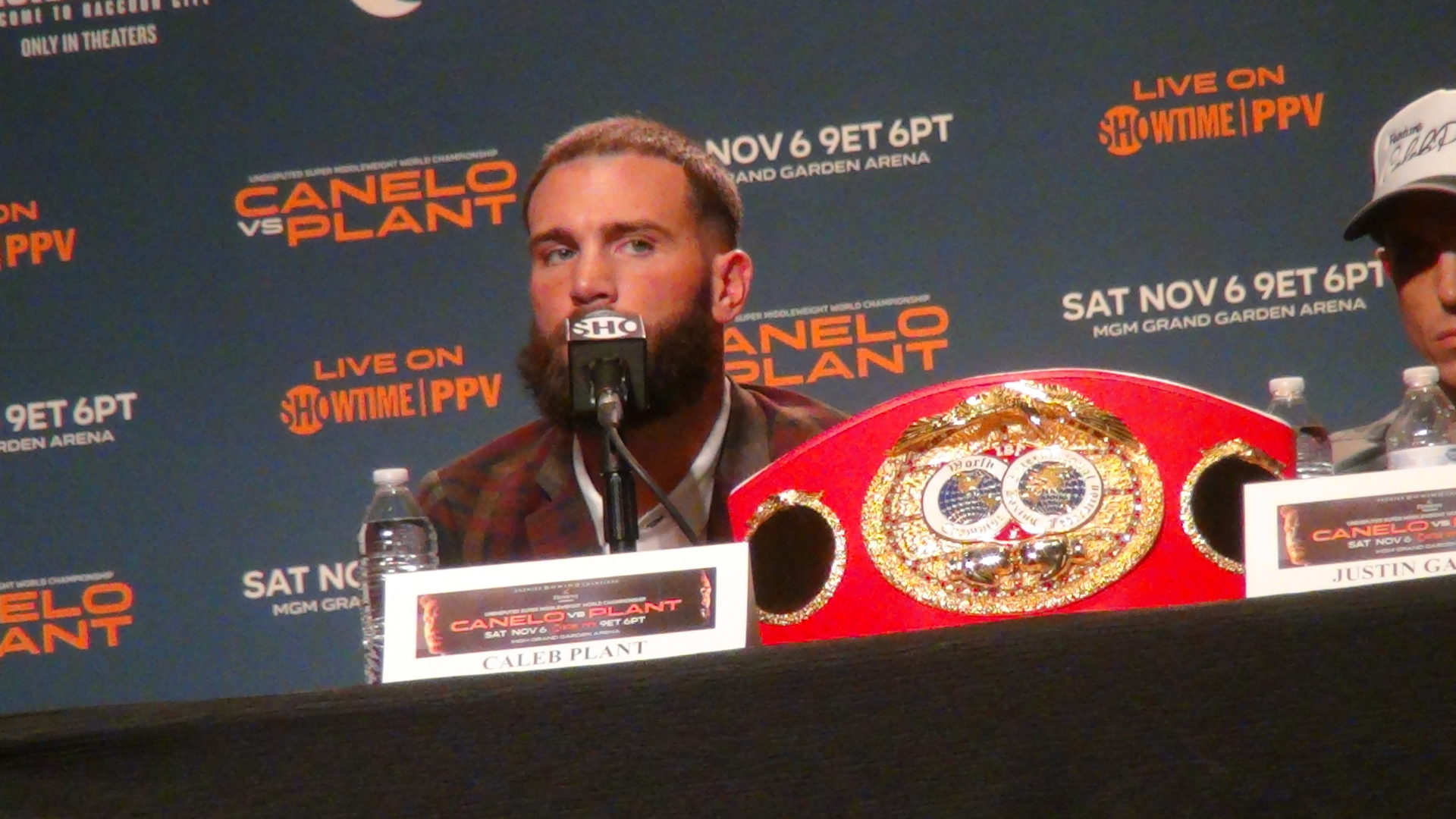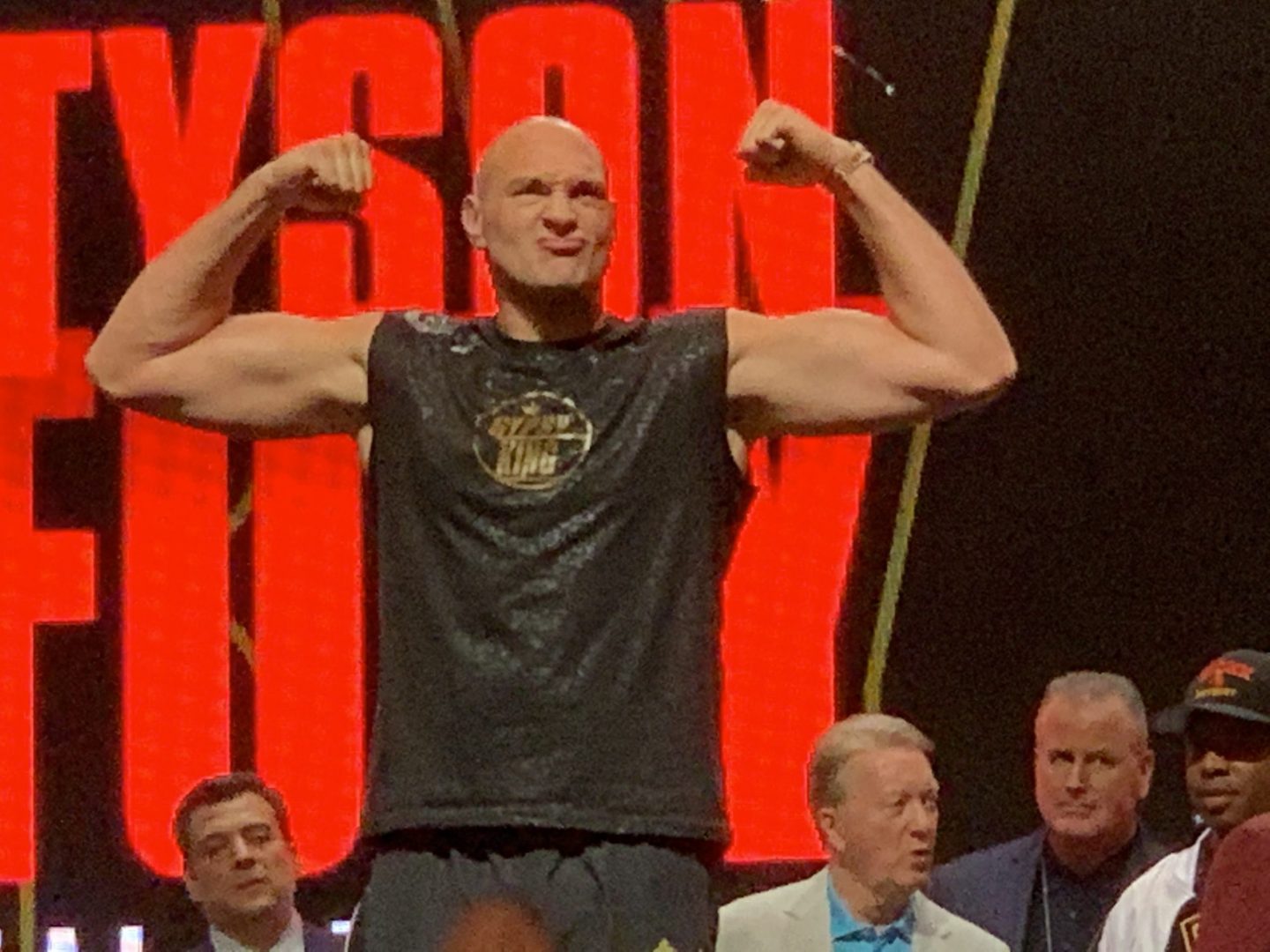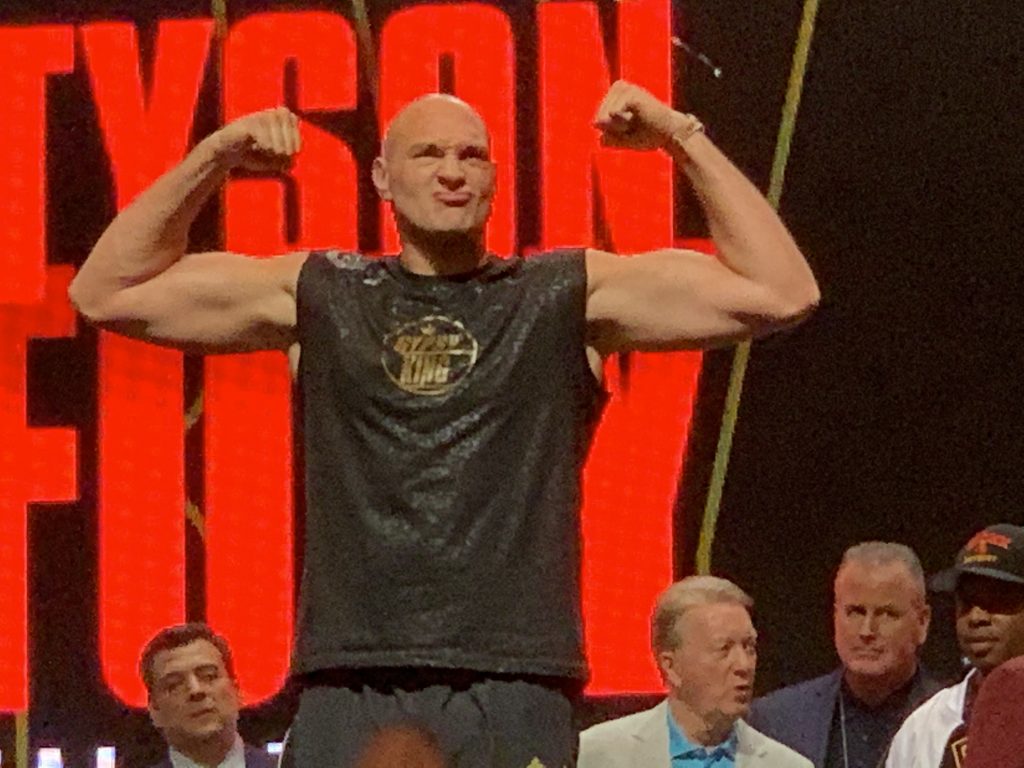
By Norm Frauenheim-
The third Tyson Fury-Deontay Wilder fight was supposed to happen this month.
Early in the pandemic, the July 18 date at Las Vegas MGM Grand was viewed as something of a benchmark, a hopeful sign that business – the world – would be back as we’ve known it. Lived it.
But hope, known to spring eternal in better times, is futile these days. First, Fury-Wilder 3 was postponed to Oct. 3. Now, it has moved, pushed to Dec.19 at Vegas’ new Allegiant Stadium amid promoter Bob Arum’s hopes that a live crowd of about 20,000 will be allowed to sit in seats separated by today’s social-distancing dimensions.
“That is the date that we all want,” Arum told Las Vegas’ Review Journal. “That’s the date that both sides are happy with. Whether we’ll be able to do it in the stadium with limited seating, that’s in the hands of the gods.’’
Four months ago, few would have imagined that December would be a possible target date for the resumption of business as usual.
Then again, COVID-19 sounded like science fiction in those days. Who knew that masks would become a fashion statement?
Nobody, despite the mix of fairy tales and fake news from a White House collection of Baghdad Bobs, who keep saying the virus is going to disappear like a miracle. If only that miracle would make them vanish, too.
There are no miracles. But there is some hope, albeit frayed. And there is a potential vaccine, albeit delayed.
A vaccine might be the only realistic hope. The mounting fear of COVID-19 is summed up in the rising number of infections, especially in Arizona, Florida, Texas and California.
Just a couple of months ago, Arizona was thought to be the place where baseball would make its comeback. MLB talked about an abbreviated season in the desert at the spring-training sites in Phoenix. But that was before the virus hit Arizona like a haboob. It’s spreading faster than summer temperatures are rising.
Arizona, baseball’s epicenter in February, is a very different kind of epicenter now.
What has happened in Arizona, my home state, is just another example of what still figures to happen. No telling when the rate of infections will subside. Then, there’s the possibility of a second wave in November, the month before the projected third leg in the Fury-Wilder trilogy.
There are already widespread doubts about whether there will be a college football season this fall.
The NFL, perhaps, has a better shot at some sort of season, yet even it is talking about fans and even players signing some sort of waiver, an acknowledgement that even pro football fears that the pandemic will continue.
From boxing to baseball, money is a motivation for the attempt to get back in the game. Fighters and players still want to get paid. Networks are begging for live content. But the attempted return is as expensive as it is risky.
The NBA is planning to gather in Orlando where it will go into the so-called bubble, which is where boxing has been for nearly a month with weekly Top Rank shows in Las Vegas.
The players, like the fighters, will test, train, eat, sleep and play, all away from fans. But life in the bubble isn’t cheap. It’s expensive to maintain and sustain. Yet, it’s an investment in keeping fans interested and around for the days when social distancing is a forgotten dimension.
But it’s beginning to look as if only a vaccine can ease public fears and bring the fans back into the arena for a first bell or an opening tip. I’m still hoping to hear that bell for Fury-Wilder 3. But, mostly, I’m hoping for a lab to produce a vaccine.
A vaccine might be the best investment. Long-term, it’s the only way to bet.


